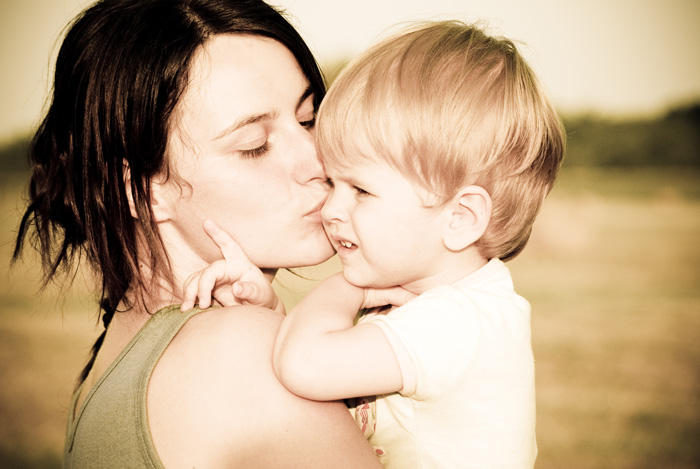Pre-teen Dutch children raised by female same-sex parents scored higher on core principles of democratic citizenship than their peers in heterosexual-parent families, according to a new report announced today by UCLA’s Williams Institute.
The children (11-13 years old) participated in a Dutch national survey of civic competence. Although the study was not designed to compare the scores of children from different family types, collected parental data made it possible to identify the children from same-sex families.
Thirty-two children reared by female couples were matched with 32 children reared by heterosexual parents on age, gender, parental educational level and parental ethnicity. Those reared in female-parent households scored significantly higher than children in heterosexual-parent households on attitudes concerning acting democratically, handling conflicts and dealing with differences.
“In light of the current international and sociocultural focus on the responsibilities of citizenship, these findings suggest that growing up in nontraditional families foster a grounding in democratic principles,” said Principal Investigator Henny Bos, Ph.D., a former visiting international scholar at the Williams Institute.
In the study, “Civic Competence of Dutch Children in Female Same-Sex Parent Families: A Comparison With Children of Opposite-Sex Parents,” the children were asked a series of questions about accepting and contributing to a democratic society, taking shared responsibility, handling minor conflicts or conflicts of interest, and handling social, cultural, religious, and outward differences.
One concern regarding previous studies on lesbian families is that most are based on convenience samples. In contrast, the present study drew children with female same-sex parents from a national sample. The number of children with male same-sex parents in this sample was too small to be included in the analyses.
Overall, the findings from this study suggest that growing up in a nontraditional family may be associated with a greater appreciation of diversity and the development of good citizenship.
The current study was conducted by Henny M.W. Bos, Ph.D., Nanette Gartrell, MD, Jaap Roeleveld, Ph.D.; and Guuske Ledoux, MA, and appears online in the current issue of Youth & Society.


What Do You Think?